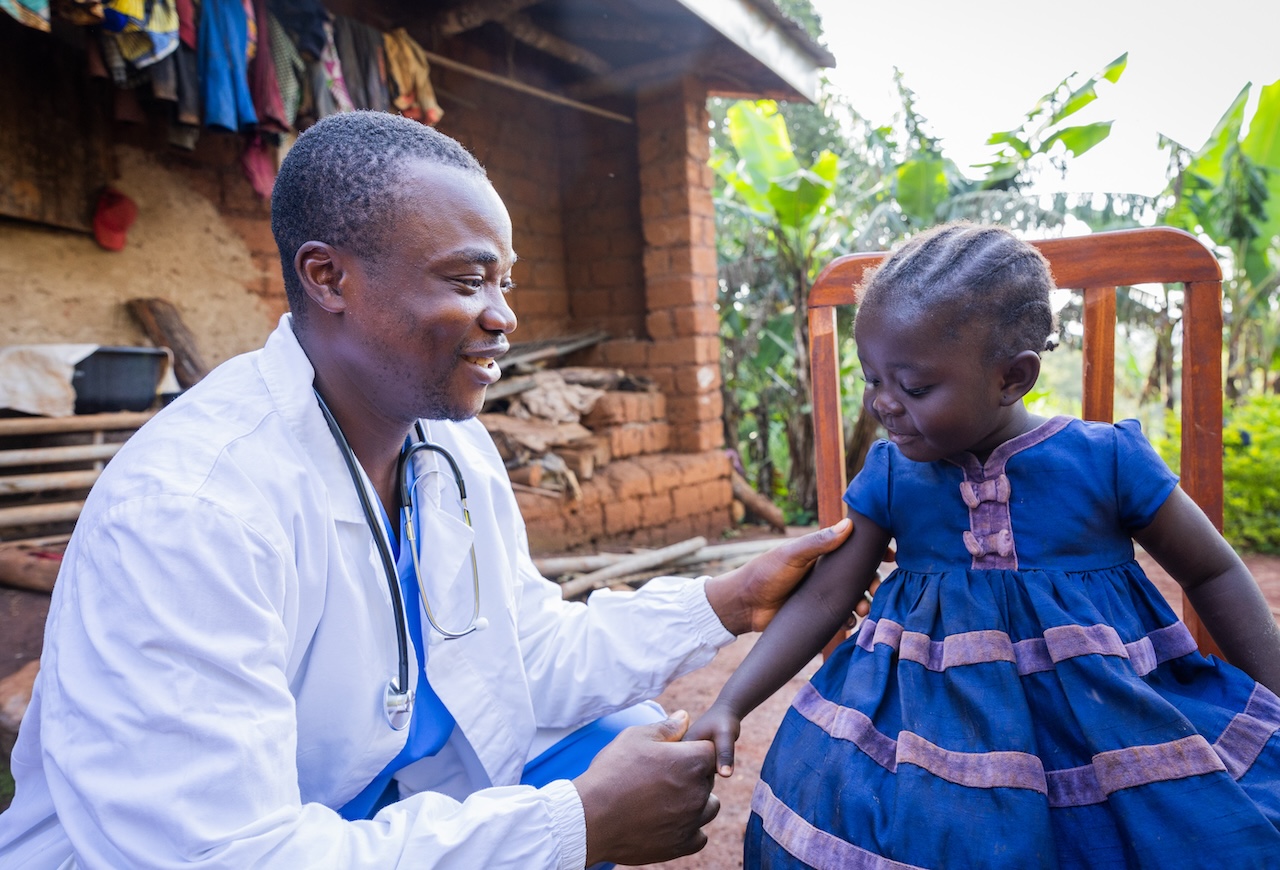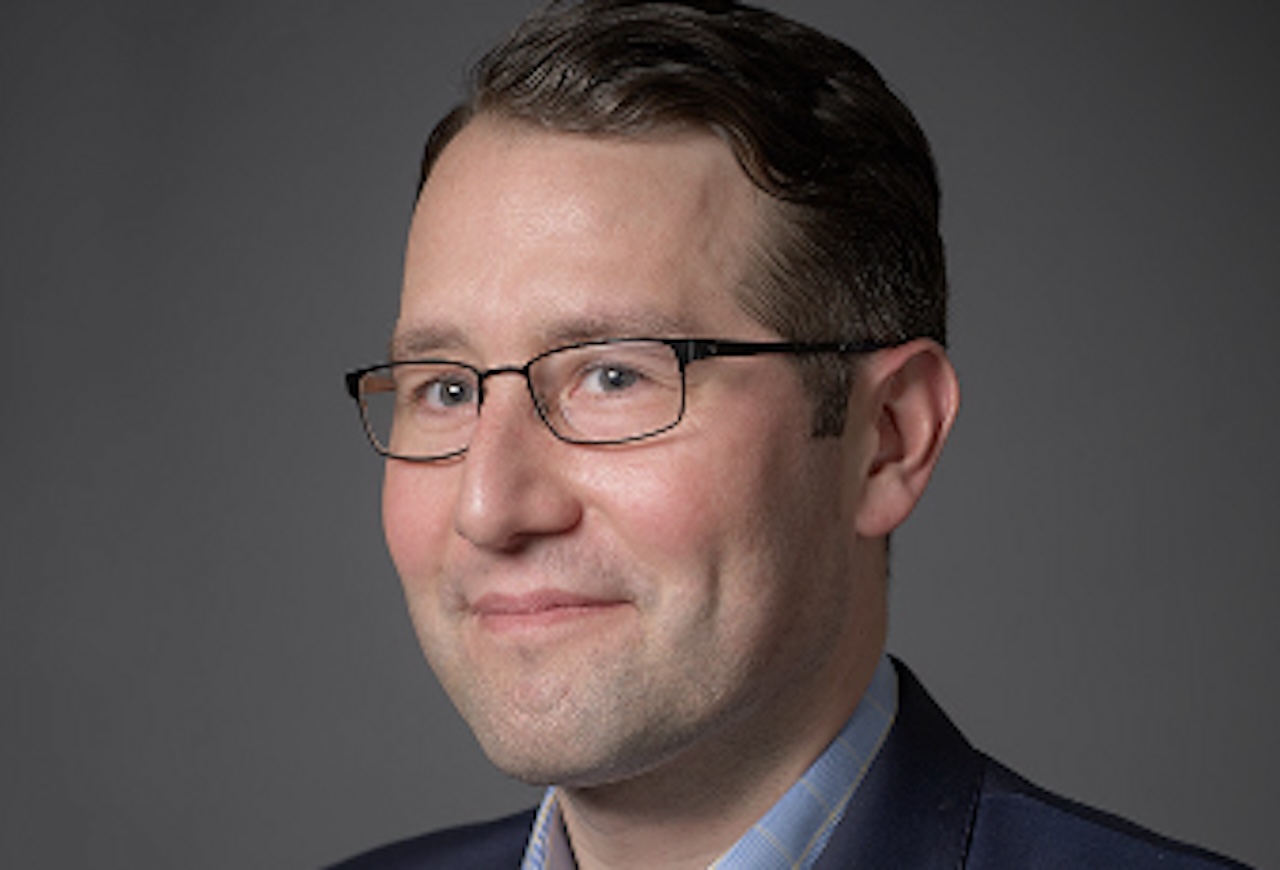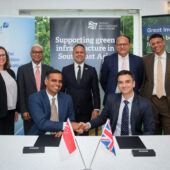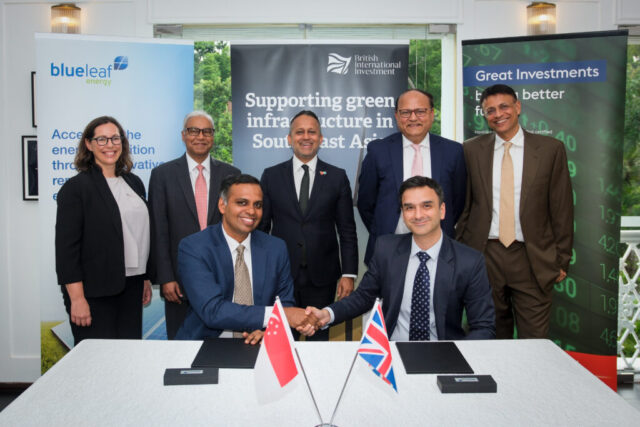The Transform Health Fund aims to provide a template for blended finance in Africa’s healthcare sector. Following the fund’s close, we talk about progress so far with Martin Edlund of the Health Finance Coalition, one of the fund’s founding organisations.

The Transform Health Fund (THF), a blended finance initiative that aims to inject funds into Africa’s investment-starved healthcare sector, closed earlier this month at an above-target $111m (€102m), with investment from development finance institutions (DFIs), multilateral development banks, impact investors, corporates and foundations.
With three investments already made, its overseers hope it will serve as a model for others to follow, by showing that it is possible to make returns from different types of healthcare investments that benefit the world’s poorest people, if the right structures are in place.
“We designed the Transform Health Fund to be a demonstration project at scale with the hope that it’s going to attract the attention of investors and other fund managers in a way that they replicate the model, that they look at how to create blended fund structures investing in healthcare for the most vulnerable,” Martin Edlund, executive director of the Health Finance Coalition (HFC), a driving force behind the fund’s creation, told Impact Investor.

The fund, launched in the wake of the COVID pandemic in 2022, is managed by investment platform AfricInvest in collaboration with HFC. It is mandated to look at a wide variety of potential areas including care delivery, the supply chain and digital technology, via debt and mezzanine investments.
“That’s a pretty broad remit, but you also need a broad aperture if you want to capture truly high impact businesses that are also investable,” Edlund said.
Thus far, the fund has already committed $20m in financing to three companies. Africa Healthcare Network is the largest dialysis chain across sub-Saharan Africa. Lapaire Glasses provides a network of shops, providing affordable eye care products and services in six West and East African countries. Finally, Insta Products produces ready-to-use therapeutic food for millions of malnourished children and mothers across sub-Saharan Africa, which are bought and distributed by international NGOs.
Edlund said these companies were chosen for their high impact on the poorest communities. A lack of available dialysis leads to very high mortality rates, including where severe malaria has impaired kidney functioning, while difficulties in obtaining glasses can impact work lives and the ability to earn an income, as well as the ability of children to learn.
DFIs help swell fund
Growing interest in supporting the sector is indicated by an extensive investor group that helped the fund to surpass its $100m target.
These include Dutch multinational Philips, the International Finance Corporation, Swedfund, the US International Development Finance Corporation, French DFI Proparco, pharmaceuticals firm Merck, UK government-backed FSD Africa Investments, Canadian government-supported Grand Challenges Canada, US investor ImpactAssets, the Global Health Investment Corporation, family office Ceniarth, UBS Optimus Foundation, Skoll Foundation, Chemonics International, Anesvad Foundation, Netri Foundation, and the US Agency for International Development (USAID).
Several of these investors are part of the HFC, which promotes the use of public and philanthropic funding to encourage private-sector capital investment to make healthcare impact. The HFC is hosted by non-profit Malaria No More, of which Edlund is the CEO. The coalition was originally convened by private equity investor-turned-philanthropist Ray Chambers, who is co-founder of Malaria No More and the World Health Organization’s ambassador for global strategy and health financing.
Africa’s healthcare
Africa’s healthcare sector is in urgent need of the investment. Sub-Saharan Africa is home to 14% of the global population and 20% of the global disease burden, but only 1.6%t of annual impact investments target the sector, according to the THF.
“There is a lot of enthusiasm among DFIs to support investment in healthcare following the COVID pandemic, but I think everyone’s frustrated that investing in it is so hard,” Edlund said. “When you actually double-click into those existing investments, they’re typically investing only in tertiary care; large hospitals for the wealthiest, the middle class and urban populations. It’s difficult to invest beyond urban audiences, out where healthcare innovation, access, quality and affordability can have the most impact,” he said.
The HFC’s previous initiatives in African healthcare funding suggest that risk perceptions surrounding the sector are not necessarily justified. Edlund noted that loan default rates were relatively low under its Open Doors African Private Health Initiative, which provided guarantees to help frontline clinics and pharmacies get loans during the Covid pandemic that would otherwise have been out of their reach.
“It’s a great example of capital that you don’t need to spend in order to accomplish an outcome. You just need to reduce risk for someone else in the system,” he said.
Highest impact opportunities
The THF incentivises its investment team, operating under AfricInvest, to chase the highest impact opportunities possible under its structures, supported by an impact framework based on a points system derived, in part, from metrics on numbers of lives saved or improved.
“We end up having vigorous debates about whether or not something is sufficiently high impact that it should proceed and go to the investment committee,” said Edlund.
While AfricInvest administers the fund, HFC provides technical assistance and consulting support to the entrepreneurs that may qualify for investment from the THF.
HFC helps companies to refine their financing strategies, business models and expansion plans so they extend further into rural and peri-urban areas to reach vulnerable communities, while also strengthening their revenue so that they’re seen as investable by private investors.
“We’re really at the edge of what’s investable to achieve impact, so we’re really pushing each other. Both our team and the AfricInvest team, have now developed a much more common view of what it takes on the revenue and business plan side and what it takes on the impact side to work,” Edlund said.
He expects the fund to make further investments at the pace of “several a year”. “We want to deploy the money as quickly as we can, because there are real needs out there, but we have to do it with rigour,” he said.





